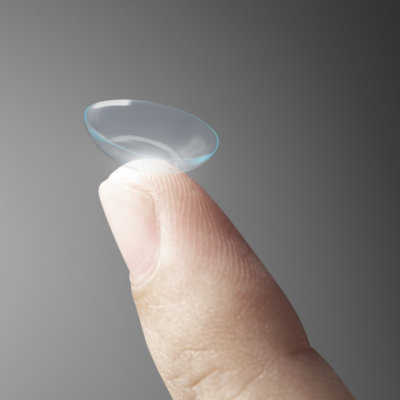Key Takeaways
- Cataracts result in blurry vision and may result in blindness, frequently requiring surgery in which the clouded lens is exchanged.
- Early cataracts may be treated with glasses, brighter lighting, or magnifying lenses.
- After surgery, dry eyes are frequent, and artificial tears will provide relief for discomfort.
- Selecting the appropriate intraocular lens (IOL) is lifestyle, cost, and health condition-dependent.
- Cataract surgery is usually covered by insurance but patients should confirm with their carrier.
Cataracts refer to the clouding of the lens in the eye, causing blurry vision and eventually leading to blindness if left untreated. Age-related cataracts are the most common, but they can also develop due to injury, genetics, or medical conditions like diabetes.
How are Cataracts Treated?
-
Surgery:
Cataract surgery is the most effective treatment, where the cloudy lens is replaced with an artificial one.
-
Non-surgical Management:
In early stages, vision aids like glasses, brighter lighting, or magnifying lenses may help temporarily.
How Choosing the right eye drops for cataract patients work?
- Lubricating eye drops can alleviate dryness, irritation, and common symptoms of cataracts.
- Consultation with an ophthalmologist helps determine the most suitable eye drops based on individual needs.
Managing Dry Eyes After Cataract Surgery
- Post-surgery, dry eyes are common due to changes in tear production.
- Using prescribed artificial tears and avoiding dry environments can ease discomfort.
How to Choose Right Intraocular Lens (IOL) for Cataract Surgery?
- Patients have options like monofocal, multifocal, and toric lenses.
- Factors such as lifestyle, budget, and pre-existing conditions influence the choice.
How Navigating Insurance Coverage for Cataract Surgery Work?
- Understanding insurance policies and coverage options is crucial before undergoing surgery.
- Medicare often covers cataract surgery, but patients should verify coverage details with their provider.
What are Cataract Surgery Innovations and Advancements?
- Technological advancements like laser-assisted cataract surgery offer precision and faster recovery times.
- Stay updated on emerging techniques and procedures through consultation with specialists.
What are the Cataract Surgery Complications?
- While rare, complications like infection, bleeding, or retinal detachment may occur.
- Adhering to pre- and post-operative instructions minimises risks.
What are Cataract Surgery for Astigmatism Correction
- Toric IOLs are designed to correct astigmatism during cataract surgery, reducing dependency on glasses.
- Preoperative evaluations determine the suitability of this option for each patient.
What Considerations Are Important for Cataract Surgery for Patients with Arthritis?
- Patients with arthritis may face challenges during surgery due to joint stiffness or limited mobility.
- Collaborating with healthcare providers ensures appropriate accommodations and care.
Hence, navigating cataract surgery and treatment options involves informed decision-making, personalised care, and collaboration between patients, ophthalmologists, and healthcare providers. With advancements in technology and a thorough understanding of individual needs, cataract management can lead to improved vision and enhanced quality of life for patients.








